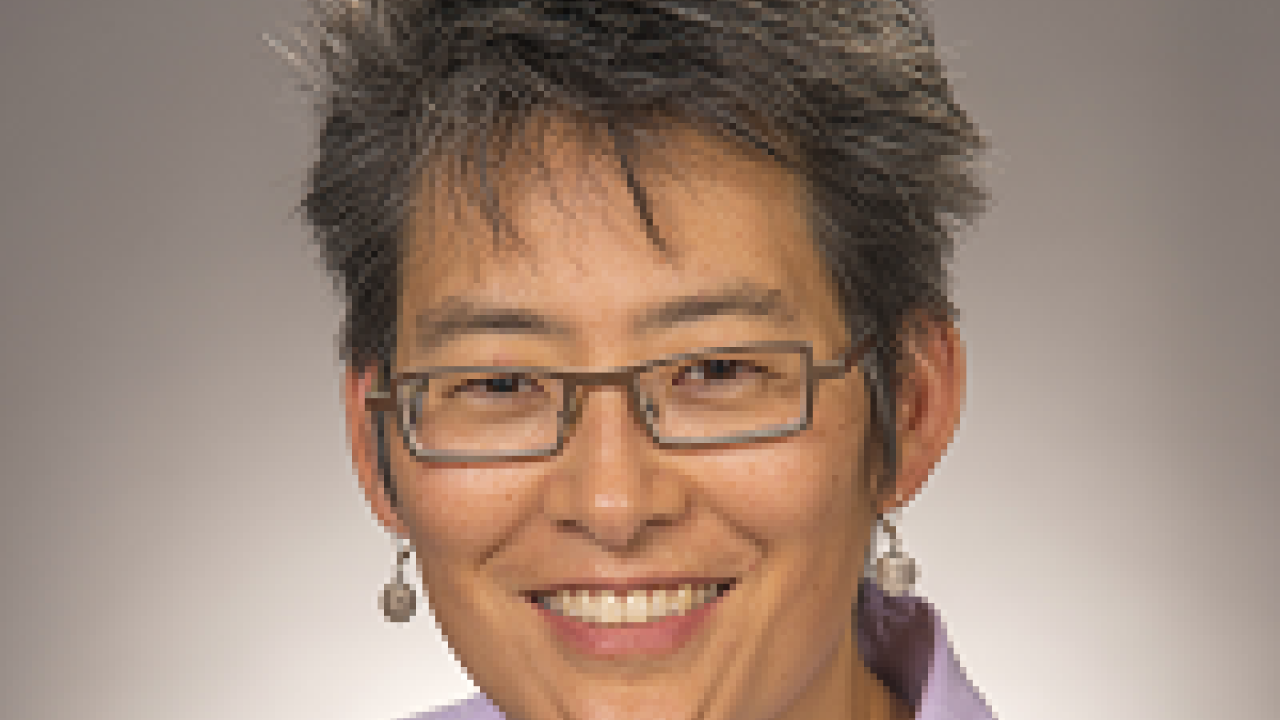
Event Date
Lena Ting, PhD
Professor, Coulter Department of Biomedical Engineering at Georgia Tech & Emory University
Department of Rehabilitation Medicine, Division of Physical Therapy, Emory University
ABSTRACT
Our ability to move in the world, and even to stand upright, depend on complex and flexible neuromechanical interactions. Our experimental, computational, and robotic studies of balance that spans flamingos to dancers have revealed many ways that the brain and body interact and influence each other in the control of movement. We demonstrated that the nervous system generates corrective responses for balance control using feedback signals from proprioceptors that are different across individuals, and differently impaired in sensory neuropathy and Parkinson's disease. We also showed that spatial structure in muscle coordination is modular, reflecting a library of biomechanical action to produce movement that differs across individuals, and are differently impaired in stroke and Parkinson's disease. Our neuromechanical approach has provided a framework for understanding how we can be both consistent and flexible in how we move, as well as used to better understand the neural substrates underlying sensorimotor control.
BIO
Dr. Lena Ting is a professor in the Coulter Department of Biomedical Engineering at Emory University and Georgia Tech, and Co-Director of Innovations for Neural Technology and Engineered Neural Therapies (INTENT). Her research focuses on neuromechanics of muscle coordination for locomotion and balance. Using a combination of musculoskeletal modeling and behavioral experiments in humans and animals, she studies interactions between neural sensorimotor systems and musculoskeletal biomechanics. The goal of this research is to reveal general principles of muscle coordination for walking, with implications for rehabilitation and robotics.
Additionally, Dr. Ting is interested in how humans and animals perform coordinated movements so elegantly, and she is developing conceptual frameworks in neuromechanics to quantify how human cognition and perception influence muscle coordination and biomechanics to produce skilled movements. Ultimately, she hopes to unravel how social, cultural and biological influences shape individual movements. Her research has implications for physical therapy and rehabilitation, as well as the development of prosthetics.
Faculty host: Carolynn Patten, PhD, Professor, Department of Physical Medicine & Rehabilitation
